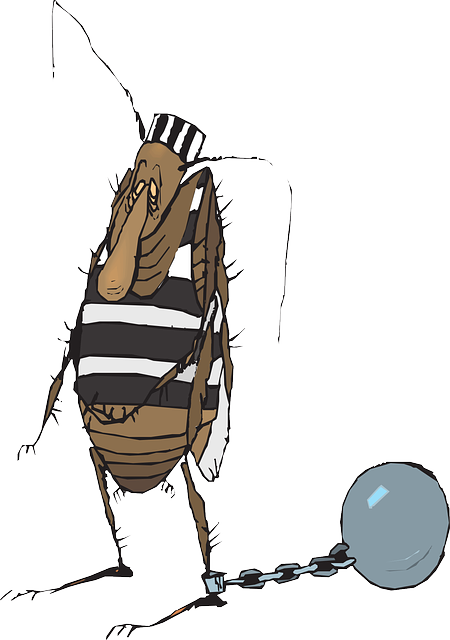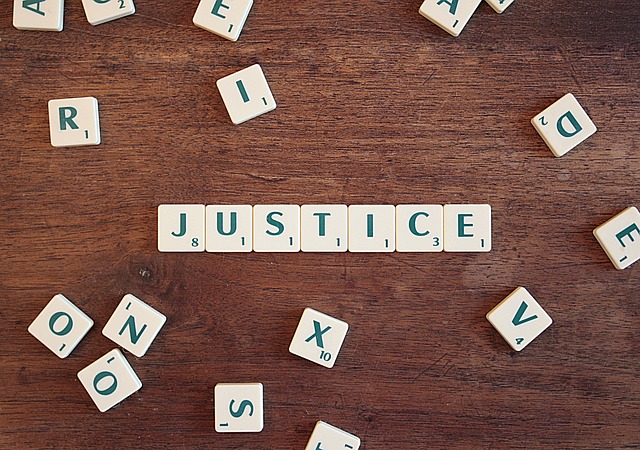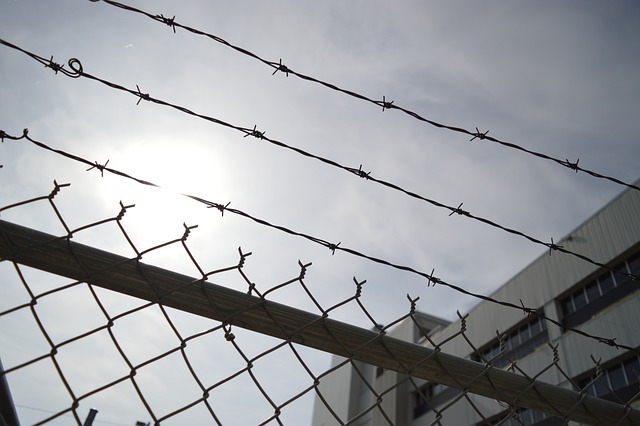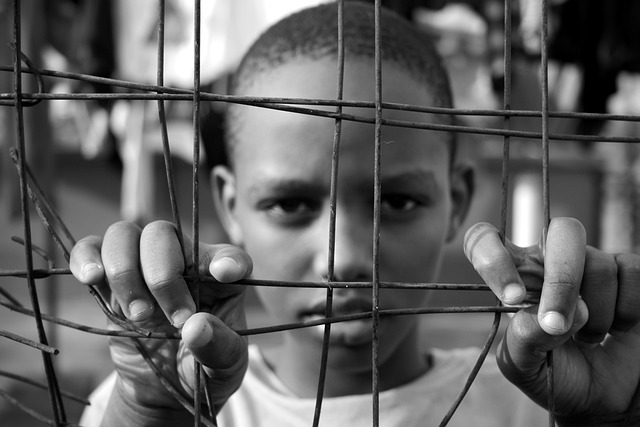The Canadian Youth Criminal Justice Act (YCJA) offers a specialized legal framework for addressing Juvenile DUI cases, focusing on rehabilitation, reintegration, and tailored interventions rather than strict punishment. The YCJA mandates penalties like license suspension, community service, and rehab programs while emphasizing understanding unique offender circumstances. Restorative justice practices, encouraged by the YCJA, aim to repair harm and minimize long-term negative impacts on youth. Community service programs should be aligned with YCJA's rehabilitation goals, addressing specific needs like substance abuse and life skills gaps to prevent future offenses. This approach fosters a safer driving culture among Canadian youth.
In Canada, understanding the nuances of the Youth Criminal Justice Act (YCJA) and its impact on at-risk youth is crucial. This article explores how community service, as a restorative justice approach, serves as a powerful tool to address Juvenile DUI (Driving Under the Influence) cases. By delving into the legal framework of YCJA, we uncover the benefits of community service programs in diverting young offenders from traditional punishment, fostering reparation and personal growth. Through success stories, we demonstrate how these initiatives make amends and positively influence Canada’s youth.
- Understanding Canadian YCJA and Juvenile DUI: A Legal Framework
- The Impact of Community Service on At-Risk Youth
- Restorative Justice: A Shift from Punishment to Reparation
- Designing Effective Community Service Programs for Juveniles
- Success Stories: How Community Service Makes Amends in Canada
Understanding Canadian YCJA and Juvenile DUI: A Legal Framework

In Canada, the Youth Criminal Justice Act (YCJA) provides a legal framework for addressing youth crime with a focus on rehabilitation and reintegration. This act recognizes that young people, due to their age, may require distinct treatment from adults. Under the YCJA, the court considers not only the offence committed but also the circumstances surrounding it, including any mitigating factors and the young person’s background. This holistic approach aims to understand and address the root causes of criminal behaviour in adolescence.
When a minor is involved in an incident related to DUI (Driving Under the Influence), the Canadian legal system applies specific provisions from the YCJA. Juvenile DUI cases often involve strict penalties, including potential license suspension, community service, and participation in rehabilitation programs. The focus here shifts to both penalizing the behaviour and educating the young driver about the consequences of their actions while ensuring they receive the necessary support for responsible future decision-making.
The Impact of Community Service on At-Risk Youth

Restorative Justice: A Shift from Punishment to Reparation
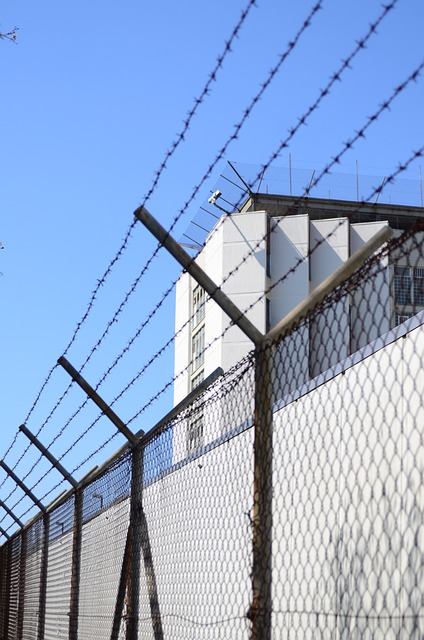
In recent years, there’s been a growing shift in how communities approach justice, particularly for young offenders. Restorative Justice (RJ) is a paradigm that moves away from traditional punitive measures and emphasizes repair and reconciliation. This model encourages open dialogue between victims, offenders, and community members to address the harm caused and find meaningful resolutions. By focusing on restitution, accountability, and rehabilitation, RJ seeks to reintegrate individuals back into society while fostering a sense of responsibility and empathy.
In Canada, this approach is reflected in the Youth Criminal Justice Act (YCJA), which prioritizes rehabilitation and reparation over strict punishment. This is particularly significant for cases involving Juvenile DUI, where the YCJA guides courts to consider the unique circumstances of young offenders and tailor interventions that promote their growth and contribution to society. Restorative practices can help minimize long-term negative impacts on youth, addressing not just the immediate offense but also underlying issues that may have contributed to it.
Designing Effective Community Service Programs for Juveniles
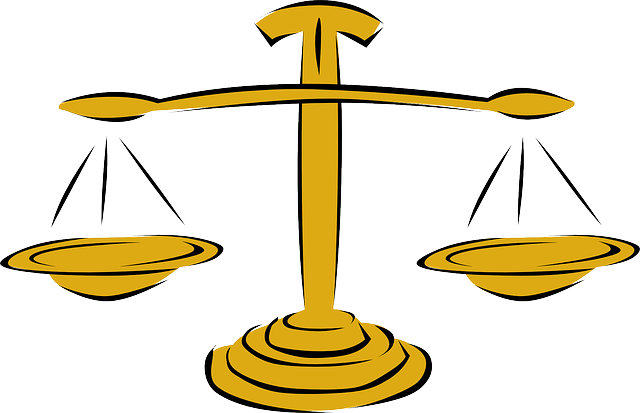
In designing effective community service programs for juveniles, it’s crucial to align activities with the principles outlined in the Canadian YCJA (Youth Criminal Justice Act). This legislation emphasizes rehabilitation and reintegration rather than strict punishment. Community service can play a pivotal role in helping young offenders learn from their mistakes, develop a sense of responsibility, and give back to the community they’ve affected. When planning these programs, consider the specific needs and challenges faced by juveniles, such as those involved in Juvenile DUI cases. Tailoring services to address underlying issues like substance abuse or lack of life skills training can prevent future offenses.
Effective programs should offer a balance of structured activities, mentorship, and opportunities for personal growth. For instance, community service projects like environmental clean-up initiatives or supporting local charities can teach youth about the impact of their actions on society. Additionally, engaging with community elders or professionals through workshops and discussions can help juveniles develop life skills and gain valuable insights into making positive choices. The Canadian YCJA encourages restorative justice practices, which focus on repairing harm done to both victims and offenders, thereby fostering a more harmonious community.
Success Stories: How Community Service Makes Amends in Canada

Community service, as a cornerstone of Canada’s Youth Criminal Justice Act (YCJA) approach to addressing Juvenile DUI, offers a restorative path for at-risk youth. By focusing on reparation and rehabilitation rather than strict punishment, community service programs can effectively change lives. Through successful implementations outlined in this article, it is evident that tailored community service initiatives significantly contribute to the positive development of young offenders while ensuring they make amends for their actions within Canadian legal framework.
